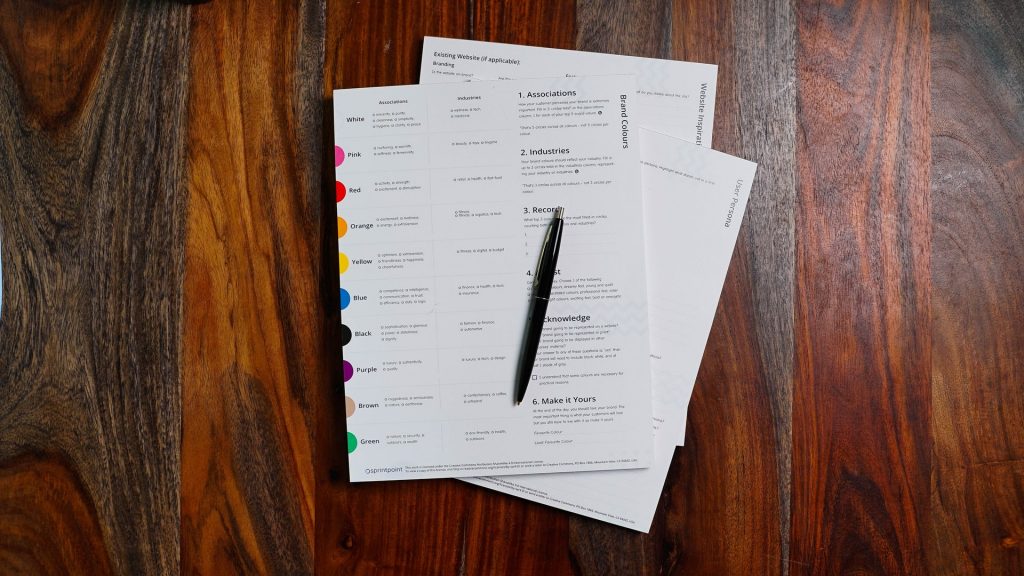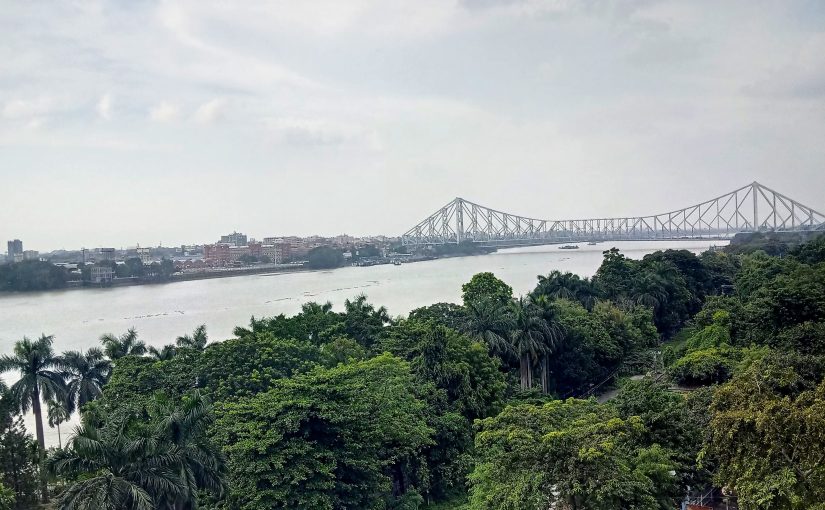By
|
Getting your Trinity Audio player ready...
|
Flat registration charges in Kolkata and stamp duty on property are two essential costs that accompany any new property you buy. Here is a quick rundown of these charges for new homebuyers in Kolkata.
What are Flat registration charges in Kolkata and Stamp duty?

Stamp duty on property is a tax levied by the government on property transactions. To be able to show proof of possession, you need legal evidence of ownership of the property. For this, you need to pay stamp duty and registration charges. As per the rules laid out in the constitution, stamp duty is levied and collected by the state government. Therefore it is the state government that decides what the stamp duty should be. This is why it differs from state to state. Stamp duty is also dependent on the value of the property which in turn depends on other factors. These are;
- the type of property, either residential or commercial
- the age of property
- property location
As stamp duty significantly increases the overall property cost, it is important to do due diligence. Ensure that you consider it as a factor in your financial planning architecture while buying a house. Stamp duty and registration charges are additional costs that a homebuyer must bear when purchasing property.
| Name of Article | Rate of Stamp Duty | Rate of Registration Fee |
| 4 Affidavit | Rs.10 | Rs.7 |
| 5 Agreement If related to an immovable property’s sale | The same as conveyance for market value (No.23) | Rs.7 |
| Flat registration charges in Kolkata construction relating on, or sale of, or transfer (in any manner whatsoever) of, any immovable property – Where the property’s market value is not more than Rs.30 lakh | Rs.5,000 | Rs.7 |
| Where the property’s market value is more than Rs.30 lakh but less than Rs.60 lakh | Rs.7,000 | Rs.7 |
| Where the property’s market value is more than Rs.60 lakh but less than Rs.1 crore | Rs.10,000 | Rs.7 |
| Where the property’s market value is more than Rs.1 crore but less than Rs.1.5 crore | Rs.20,000 | Rs.7 |
| Where the property’s market value is more than Rs.1.5 crore but less than Rs.3 crore | Rs.40,000 | Rs.7 |
| Where the property’s market value is more than Rs.3 crore | Rs.75,000 | Rs.7 |
Paying flat registration charges in kolkata
Flat registration charges in kolkata are one of our many duties as a civil person. Buying a new apartment in Kolkata, or any other part of the country entails many such duties that require legal proceedings. Check out our other blogs to know more about the same.
FAQs
Stamp duty on property is a tax levied by the government on transactions. As per the rules laid out in the constitution, stamp duty is levied and collected by the state government. Therefore it is the state government that decides what the stamp duty should be. This is why it differs from state to state. Stamp duty is also dependent on the value which in turn depends on other factors. These are;
-the type of property, either residential or commercial
-the age of property
-property location
As stamp duty significantly increases the overall cost, it is important to do due diligence. Ensure that you consider it as a factor in your financial planning architecture while buying a house. Stamp duty and registration charges are additional costs that a homebuyer must bear when purchasing property.
A home loan does not include stamp duty and registration charges. This is an extra cost that must be borne by the purchaser. However one can choose to take out a personal loan to pay the charges.
A property has to meet with the following requirements to be become a gift under Indian laws:
– The property must a movable or an immovable property.
– It should not be a future property.
– It should be tangible.
The transfer of immovable property from father to son can be considered a gift. As per the Transfer of Property Act, the transfer of house property as a gift needs to be effected by a registered document (gift deed) signed by the person gifting the property. The amount of stamp duty payable on gift deed is same as in a regular sale. However, there is an exemption in case of specified relatives, which includes gifts from father to son.
Leave a comment







